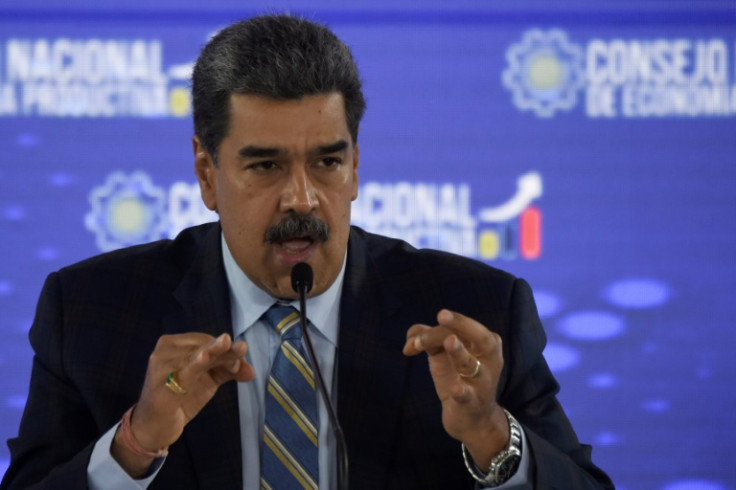
Venezuela's opposition election commission will continue to pick its presidential candidate this month after turning down the request of the National Electoral Council (CNE) to postpone the process.
The opposition had been told that if the primary vote would be moved from Oct. 22 to Nov. 19, the country's national electoral council would be able to provide voting centers and machines. However, this request was rejected by a majority of 13 opposition candidates.
"We could not interrupt the organization of the primary vote," the commission said, as per Devdiscourse.
The commission, consisting of eight lawyers and experts, explained that there had been a slow response from the CNE.
According to the commission, it asked for up to 400 additional voting centers, alongside security at the centers and assistance to facilitate visas for electoral experts and foreign journalists who would cover the process. However, it was not sure how and by when CNE would respond.
Jesus Maria Casal, who serves as president of the commission, said the opposition counts some 3,000 electoral centers across the country, including private houses and professional centers.
The presidential election, which is happening in 2024, is vital for Venezuela, as it will decide the fate of Nicolás Maduro, who has been president since 2013. In the previous elections, leading opposition candidates were disqualified from participating in the elections.
In June, María Corina Machado, who was among the favorites to win the opposition's presidential nomination, was banned from holding public office for 15 years. Many international bodies including the European Union, Human Rights Watch and the Organization of American States have since condemned this move.
Alongside these organizations, countries like France, the United Kingdom, Chile, Germany, Canada, Ecuador, Paraguay, Uruguay and Colombia also consider this a violation of political human rights.
Before Maduro, Hugo Chávez served as the president of Venezuela from 1999 until his death in 2013. Maduro had been chosen as the successor of Chávez.
Juan Guaidó was declared as an acting president in January 2019 and served until January 2023 with the support of several Western countries. However, this led to many protests and clashes between government forces and opposition supporters in the country.
Venezuela is faced with a variety of issues, including hyperinflation, a crumbling health care system and a shortage of basic goods. Because of this, many citizens are migrating to countries like the United States via the Mexico border.
© 2025 Latin Times. All rights reserved. Do not reproduce without permission.







